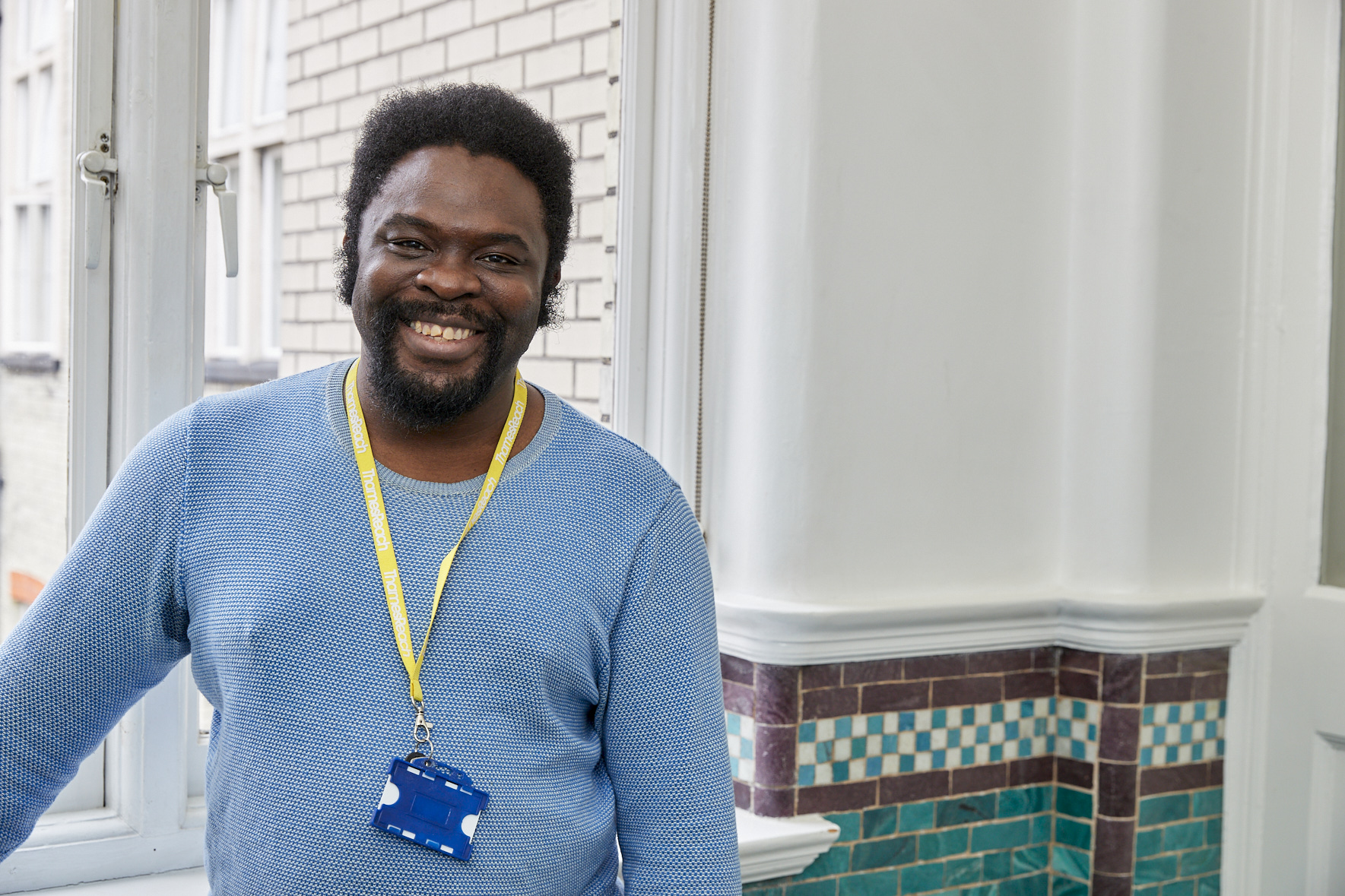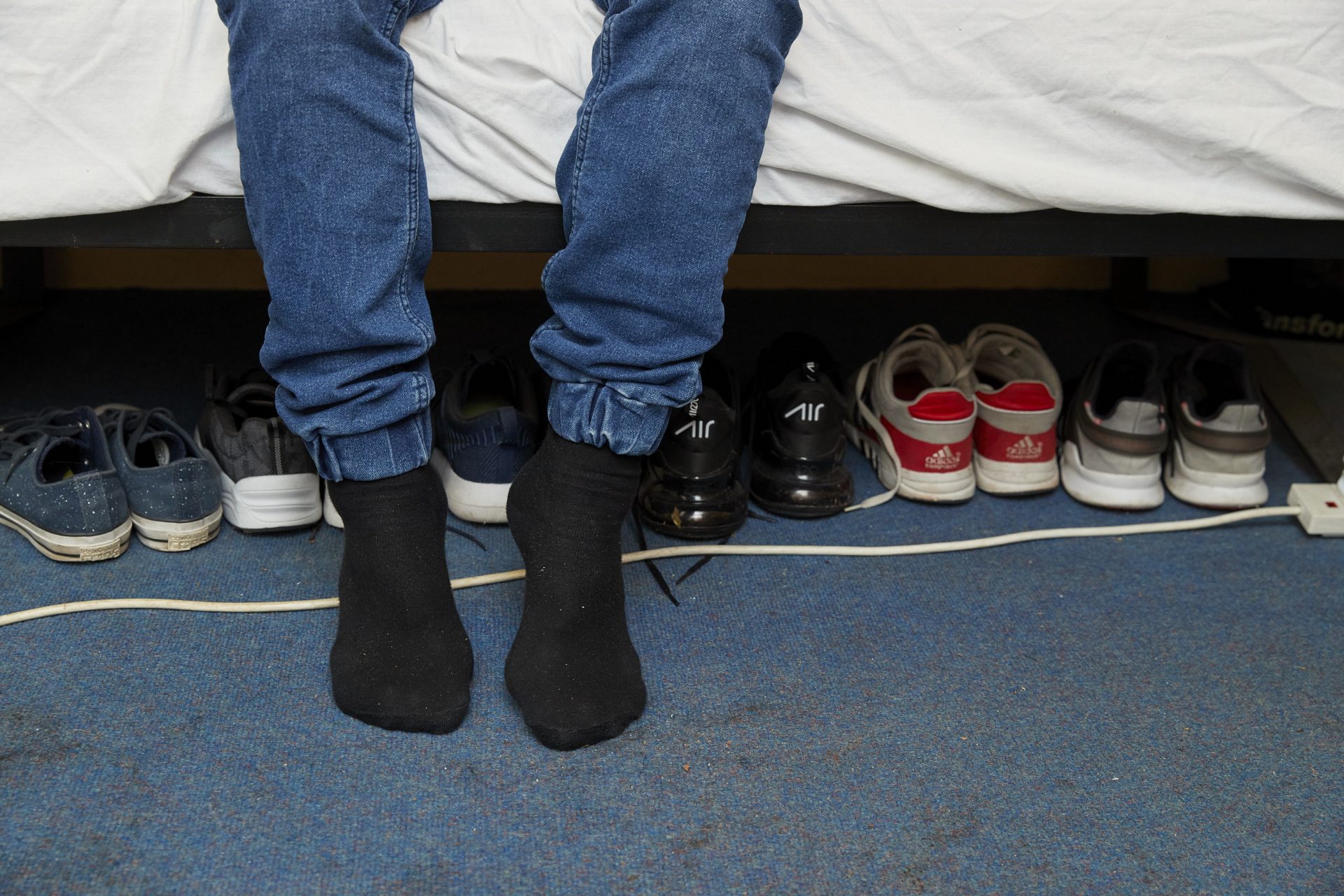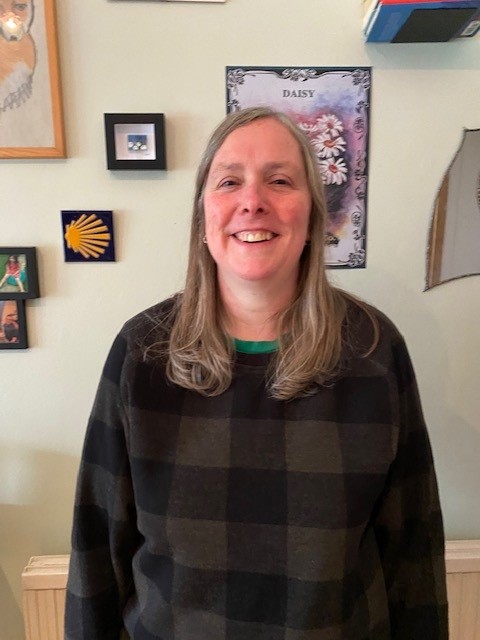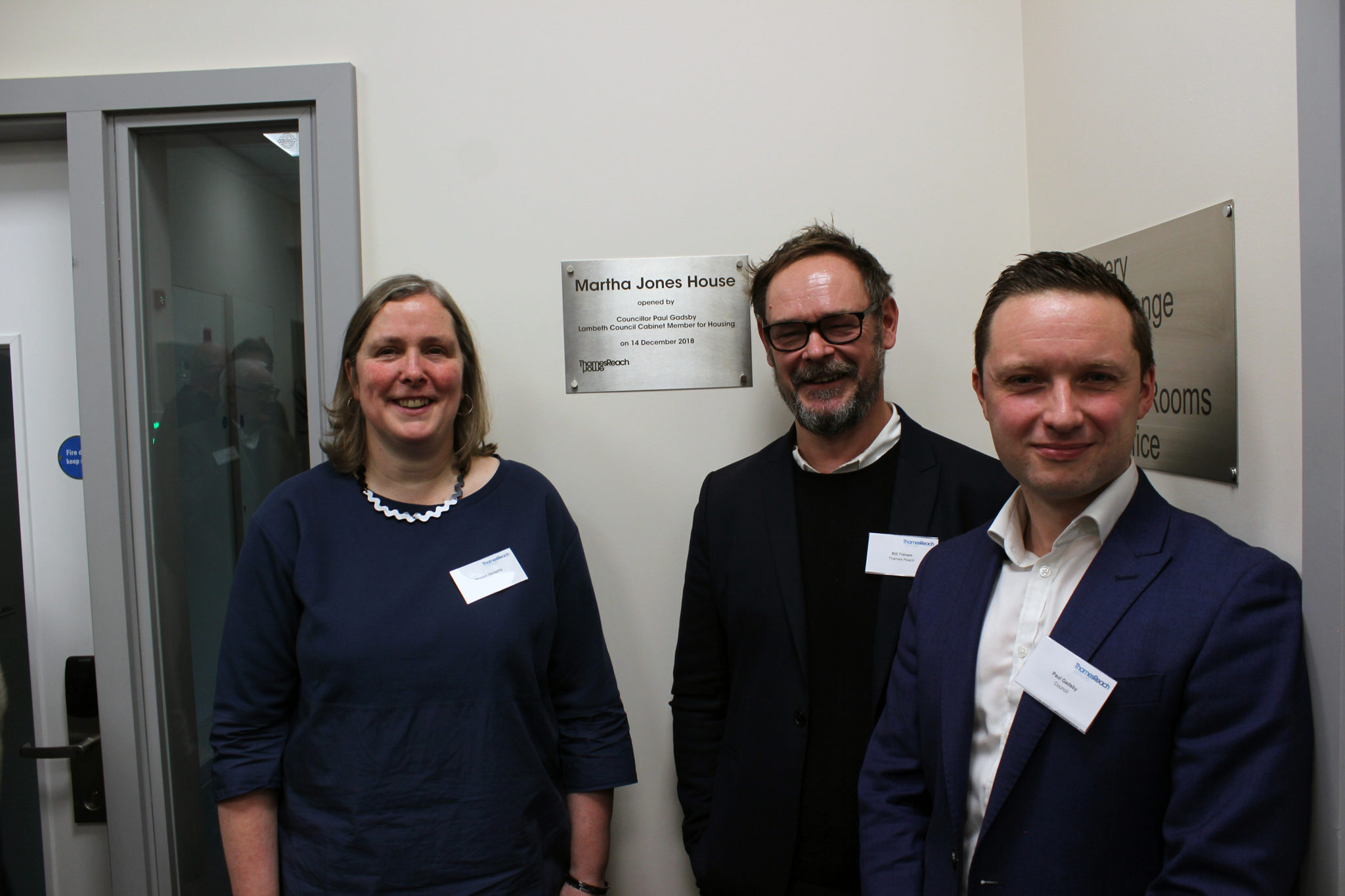Lambeth Living Well Alliance appoints new director
Lambeth Living Well Network Alliance is pleased to announce the appointment of its new director
The Lambeth Living Well Network Alliance is pleased to announce the appointment of its new director, Sabrina Phillips. Following a competitive recruitment process including external candidates, Sabrina has been selected by the panel after holding the post of interim director for eighteen months. Prior to that, she had worked at South London and Maudsley NHS Foundation Trust (SLaM) for seventeen years.
The Alliance is a delivery of the Lambeth Together Partnership and brings together member organisations: South London and Maudsley NHS Foundation Trust (SLaM), Lambeth Council, Certitude, NHS South East London Clinical Commissioning Group (SEL CCG) and Thames Reach, to deliver a transformation in the way people in Lambeth recover from mental ill health and to help them stay well. Its objective is to offer users of its services a wider breadth of options to do so. By working in collaboration, the vision of the Alliance, now with Sabrina at its helm, will work towards being more joined up; quicker and easier to access and focus more on prevention, avoiding crises and unnecessary admissions to hospital.
Sabrina Phillips said: “I am delighted to take up the role as Substantive Alliance Director. Having acted in the role for the past 18 months, I have seen first-hand the resilience of the service users we care for and the people that care for them at an unprecedented time. The passion and drive of Alliance staff to improve the quality of care we deliver to the communities of Lambeth is truly inspiring, but there is more to do. I am committed to working collaboratively with service users, carers, staff and other partners to deliver on our vision to transform mental health care for the people of Lambeth and to deliver the outcomes that matter to them that we committed to as an Alliance.”
James Lowell, chief operating officer at South London and Maudsley NHS Foundation Trust, said: “I know that many people will be delighted to hear that Sabrina Phillips has been appointed permanently into the role of alliance director following a competitive process.”
Bill Tidnam, chief executive at Thames Reach, said: “We’re really pleased that Sabrina has been successful in her application to the permanent alliance director role and we look forward to working closely with her over the years to come.”
Learn more about the Living Well Network Alliance on their website.
Further enquiries including press and media can be directed to: Isobel Scott, communications lead, Thames Reach: media@thamesreach.org.uk






